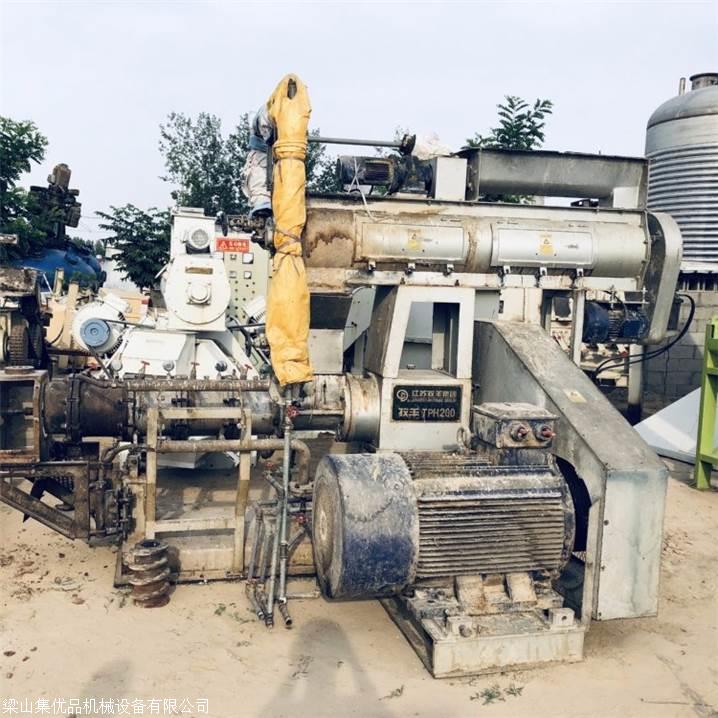Environmental obstacles to air pollution control
With the accelerated development of industrialization and urbanization, air quality has increasingly become the focus of social attention. Although the government and all walks of life have taken a series of measures to improve air quality, there are still many challenges and obstacles in actual operation, which not only affect the effect of air control, but also restrict the in-depth work of environmental protection.
1. Insufficient enforcement of laws and regulations
 Laws and regulations are the basis of promoting air pollution control, but in reality, the implementation of laws and regulations is often unsatisfactory. On the one hand, some local governments ignore environmental quality in pursuit of economic growth and turn a blind eye to highly polluting enterprises; On the other hand, for enterprises and individuals that discharge pollutants in violation of regulations, law enforcement departments lack enough severity in punishment, which makes the illegal cost far lower than the law-abiding cost, and it is difficult to form an effective deterrent effect.
Laws and regulations are the basis of promoting air pollution control, but in reality, the implementation of laws and regulations is often unsatisfactory. On the one hand, some local governments ignore environmental quality in pursuit of economic growth and turn a blind eye to highly polluting enterprises; On the other hand, for enterprises and individuals that discharge pollutants in violation of regulations, law enforcement departments lack enough severity in punishment, which makes the illegal cost far lower than the law-abiding cost, and it is difficult to form an effective deterrent effect.
2. Technical and financial constraints
Advanced air purification technology can effectively reduce the content of harmful substances in the atmosphere, but the research and development and application of these technologies need a lot of investment. When many small and medium-sized enterprises are facing transformation and upgrading, it is difficult for them to bear the high cost of technological transformation because of their limited economic strength. At the same time, although the national level provides corresponding financial subsidy policy support, due to the complicated approval process and long cycle, the number of enterprises that really benefit is small.
3. The public participation is not high
As the most direct receiver and victim of environmental pollution, the public's active participation is of great significance for promoting air quality management. However, in practice, ordinary citizens' understanding of air pollution is uneven, and due to the influence of information asymmetry and other factors, many people don't know how to participate in environmental protection activities correctly. Some even think that personal efforts are minimal and cannot change the status quo, resulting in a negative attitude.
4. Lack of interregional cooperation mechanism
Air flow is not restricted by administrative boundaries, and pollution sources in one area may have a serious impact on other areas. Therefore, it is particularly important to strengthen cross-regional cooperation in the process of governance. However, at present, there are still some problems in communication and coordination among provinces and cities in China, such as unreasonable interest distribution, which undoubtedly increases the difficulty of joint prevention and control work.
In short, to overcome the above obstacles, we need to improve the relevant laws and regulations system, increase technological innovation and investment, raise the awareness of environmental protection of the whole people, and build an efficient and coordinated working mechanism, so as to make joint efforts to leave a blue sky for future generations.
 Comprehensive upgrading of sew
Comprehensive upgrading of sew
 There are few environmental pr
There are few environmental pr
 Environmental protection behav
Environmental protection behav
 Environmental protection chart
Environmental protection chart


